All Formats & Editions
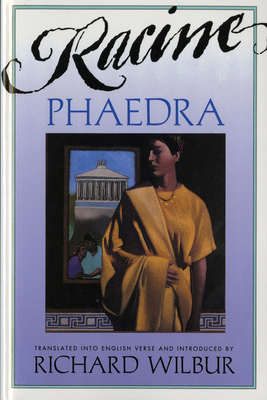
Phaedra, by Racine
A brilliant translation of one of the most influential works of French theater, Phaedra is rendered into movingly expressive verse by the Pulitzer Prize-winning translator Richard Wilbur.
Jean Racine's last and greatest tragedy is based on a legend that has...
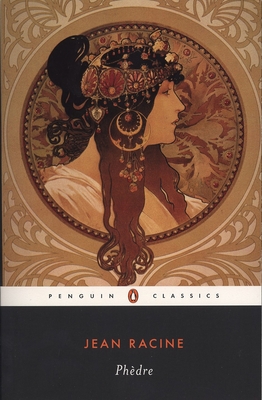
Phèdre: Édition bilingue
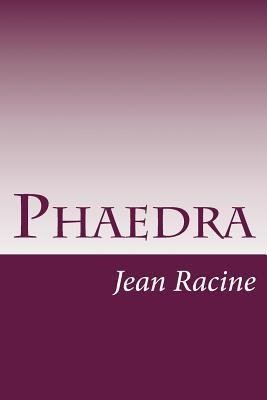
Phaedra
![Phèdre [French] 208141595X Book Cover](https://m.media-amazon.com/images/I/61OZSWEHM-L._SL500_.jpg)
Phèdre [French]
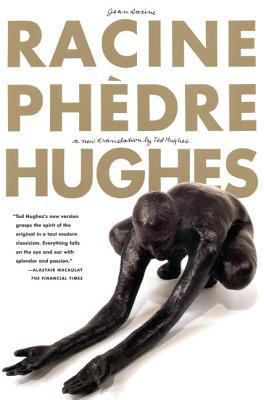
Phedre
A lean, high-tension version of a classic tragedy.
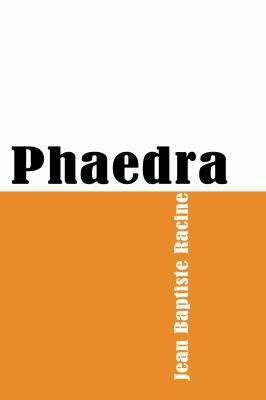
Phaedra
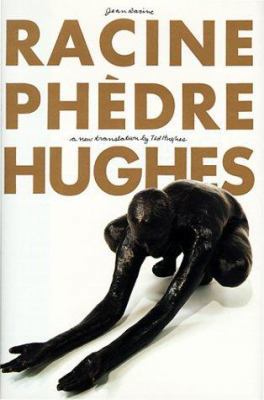
Racine's Phedre
![Ph?dre [French] B08QW621Q2 Book Cover](https://i.thriftbooks.com/api/imagehandler/l/F9F8AAC2F25FD0DEFB33BD6AD898E273387454E3.jpeg)
Ph?dre [French]
On est sans nouvelles, depuis des mois, de Th s e, roi de Tr z ne (cit grecque de l'Antiquit ). Son fils, Hyppolyte, s'appr te partir sa recherche. Il veut ainsi fuir sa belle-m re, Ph dre, qu'il d teste, et Aricie, fille d'un clan ennemi, qu'il aime. Un messager annonce...
![Phèdre (French Edition) (Folio classique - Pres... [French] 2070466663 Book Cover](https://m.media-amazon.com/images/I/41jUk6BxS9L._SL500_.jpg)
Phèdre (French Edition) (Folio classique - Pres... [French]
![Phèdre [French] 2035859166 Book Cover](https://m.media-amazon.com/images/I/51KeClxqC8L._SL500_.jpg)
Phèdre [French]
En 1677, "Phedre," la derniere grande tragedie de Racine, met en scene la mythique descente aux enfers d'une incomprise. Vouee au malheur par son heredite, Phedre aime sans espoir son beau-fils Hippolyte. Lorsque son mari, Thesee, revient, il envoie injustement son fils a la...

Phedre
![Phedre [French] B0892658JN Book Cover](https://i.thriftbooks.com/api/imagehandler/l/791A0B4C201D9E2D78D5BB6348ED312073A1C7DA.jpeg)
Phedre [French]
![Phèdre: tragédie de Jean Racine (1677) (French ... [French] B084P2QJ1G Book Cover](https://i.thriftbooks.com/api/imagehandler/l/6956864C816D3654070C2FD1A557D19A0A532EDA.jpeg)
Phèdre: tragédie de Jean Racine (1677) (French ... [French]

Phaedra: Tragedy in Five Acts, 1677
PHAEDRA Ah! Let them take elsewhere the worthless honours They bring me. Why so urgent I should see them? What flattering balm can soothe my wounded heart? Far rather hide me: I have said too much. My madness has burst forth like streams in flood.

By Jean Racine Phedre [ Petites Classiques Laro...
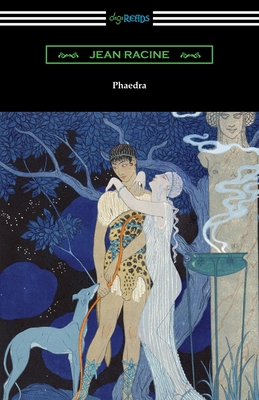
Phaedra
First performed in Paris in 1677, Jean Racine's "Phaedra" is the tenth of twelve plays by the author and his last to be based on Greek mythology. Racine, the famed French dramatist and master of dodecasyllabic alexandrine, the 12-syllable poetic meter, was a contemporary of...
![Phedre [French] 2253037818 Book Cover](https://m.media-amazon.com/images/I/41wthrR60GL._SL500_.jpg)
Phedre [French]
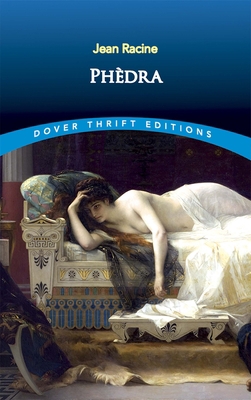
Ph?dre
![Phedre [French] 203871682X Book Cover](https://i.thriftbooks.com/api/imagehandler/l/564E186E7899DA6F912815C73F116AD90525C004.jpeg)
Phedre [French]
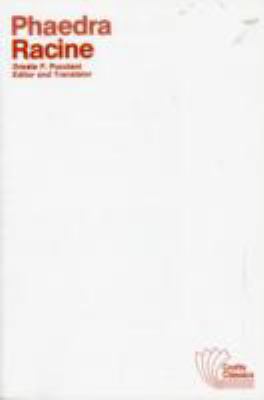
Phaedra
![Phedre [French] 2070387631 Book Cover](https://i.thriftbooks.com/api/imagehandler/l/8095CF00021258BC70966ED699F4D143ADFB361F.jpeg)
Phedre [French]
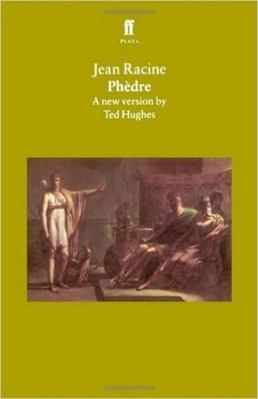
Phedre (in a New Version by Ted Hughes)

Racine: Phedre : A New English Translation in R...
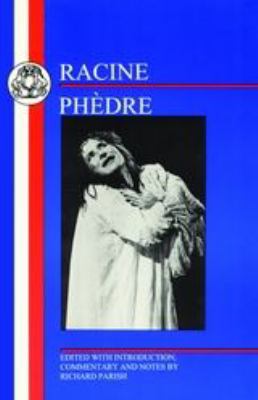
Racine: Phèdre
A critical edition of Racine's "Ph?dre". The introduction
examines the central facets of the play's enduring capacity to move and
disturb its audience and readers, and includes a survey of 20th century
productions. There is a section on versification and language,...




